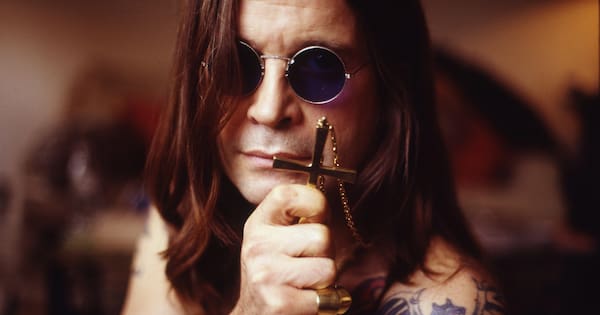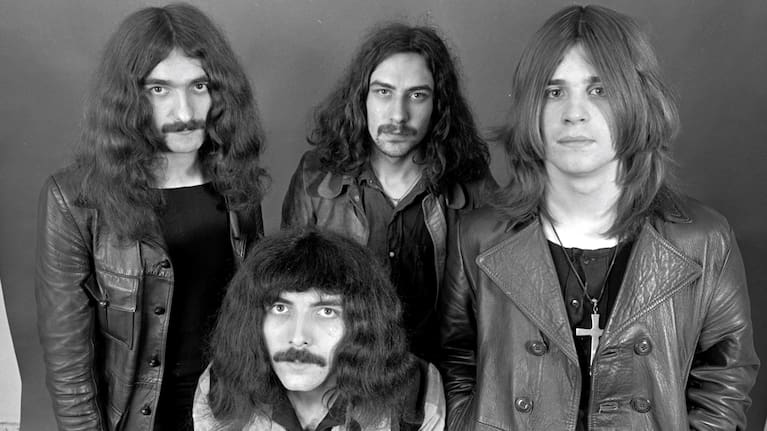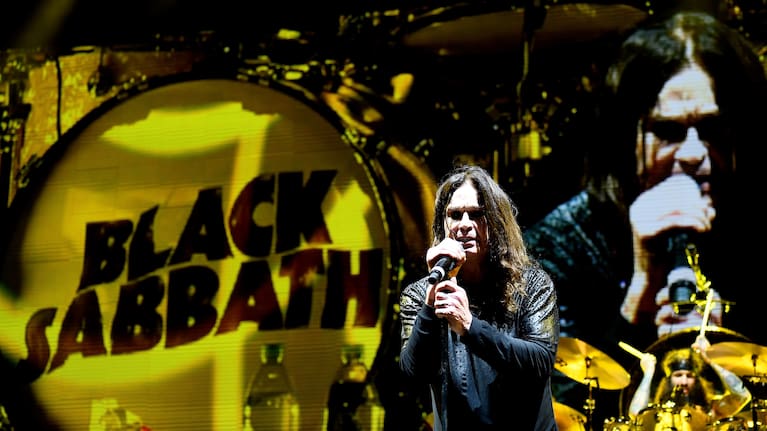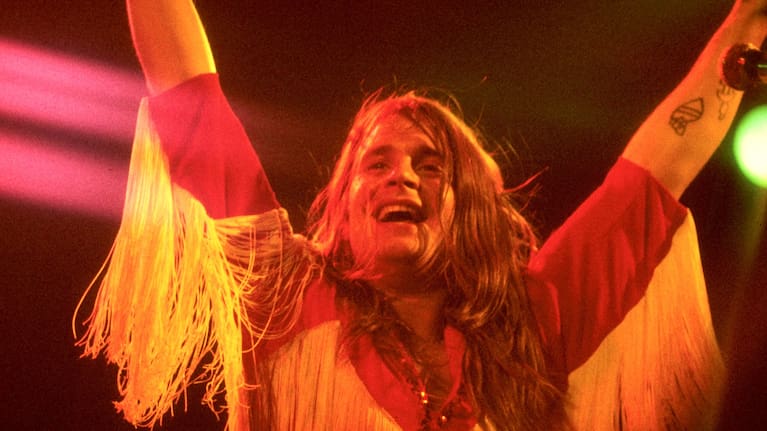The Amazing Influence of Ozzy Osbourne on Music and Culture

Ozzy Osbourne, often referred to as the “Prince of Darkness” and the godfather of heavy metal, passed away at the age of 76. His death came mere weeks after a heartfelt reunion with his Black Sabbath bandmates during a farewell concert in Birmingham, England.
His family shared a poignant message, stating, “It is with more sadness than mere words can convey that we have to report that our beloved Ozzy Osbourne has passed away this morning.”
Born John Michael Osbourne, he revolutionized rock music over a career that spanned six decades. Ozzy garnered numerous Grammy Awards and multiple Hall of Fame inductions, along with a considerable amount of controversy.
A Transformative Figure

In 1969, the band that would become Black Sabbath formed from the remnants of various musical acts. Members included Geezer Butler (bass), Tony Iommi (guitar), Bill Ward (drums), and Osbourne.
Initially called Earth, they quickly switched to Black Sabbath, inspired by a 1963 Italian horror film. In an era still reeling from the Summer of Love, they represented a stark contrast to the free-spirited hippie culture of the time.
Despite the low-budget production of their first albums, such as “Black Sabbath” and “Paranoid,” both released in 1970, they became massive hits globally.
Their music, often laden with irony, was misunderstood by some as satanic worship, branding them as cultural outsiders.
Following their early successes, Osbourne was managed by the infamous Don Arden, whose daughter Sharon began working as his receptionist. Sharon would evolve into one of the most important figures in Osbourne’s life.
Ozzy recorded eight albums with Black Sabbath, although his battle with substance abuse ultimately led to his dismissal from the band, a decision made by Sharon.
Ozzy’s Solo Career

Sharon managed Osbourne’s solo career from the start. During the recording of his second album, “Diary of a Madman,” tragedy struck when guitarist Randy Rhoads died in a plane crash, plunging Ozzy into deep depression.
Sharon and Ozzy married shortly after this incident. Despite his ongoing struggles with drugs, he continued to release solo records, achieving varying degrees of success.
Ozzy’s farewell performances became infamous, with tours frequently dubbed “No More Tours” and similar names reflecting his reluctance to end his career.
His perseverance during these times marked the pinnacle of his career. A failed invitation to the 1995 Lollapalooza festival led to the birth of “Ozzfest,” a multi-band festival that would become a cultural phenomenon.
Ozzfest eventually turned into a nationwide tour and partnered with MTV, paving the way for the reality show “The Osbournes” in 2002. This show showcased both his struggles with addiction and his unique, chaotic family life to wide audiences.
Challenges and Controversies

Throughout his life, Osbourne faced numerous health challenges and was often open about his struggles with mental health and addiction.
He sought modern treatment options, becoming an example for recovery programs. In 2007, he disclosed being diagnosed with Parkinsonian syndrome, leading to a later diagnosis of Parkinson’s disease in 2019.
This deterioration affected his ability to perform, culminating in an emotionally charged farewell show in Birmingham in July 2025.
Osbourne’s career has been rife with controversies, including infamous incidents like biting the head off a dove and urinating on the Alamo, resulting in multiple court cases, though he was never convicted.
A Personal Reflection

Growing up in 80s Brisbane, I found solace in heavy metal, a genre that resonated deeply with me as a young teen.
My first Black Sabbath album, purchased in a local record shop around 1985, hit like a thunderous shock, contrasting sharply with the popular music of that era.
As I embraced the music scene in Brisbane following the political changes of the time, Black Sabbath’s distinctive sound particularly influenced the burgeoning alternative music movement of the 90s.
Ozzy’s unique sonic style paved the way for the grunge genre, blending elements reminiscent of Sabbath with punk energy and melodic influences from The Beatles.
The auditory journey through Black Sabbath and Ozzy’s music equipped me with the necessary tools to ride the wave of alternative rock as it emerged from the Brisbane scene.
While Ozzy’s passing may not be a shock, especially considering his fraught history, it should prompt us to reflect on a trailblazer who thoroughly transformed expectations in popular culture over an impressive span of more than 50 years.
Lachlan Goold is a senior lecturer in contemporary music at the University of the Sunshine Coast in Queensland, Australia.
What are your thoughts on Ozzy Osbourne’s legacy in the music industry?





